Jill Sebastian and Liz Bachhuber
United States of America + Germany

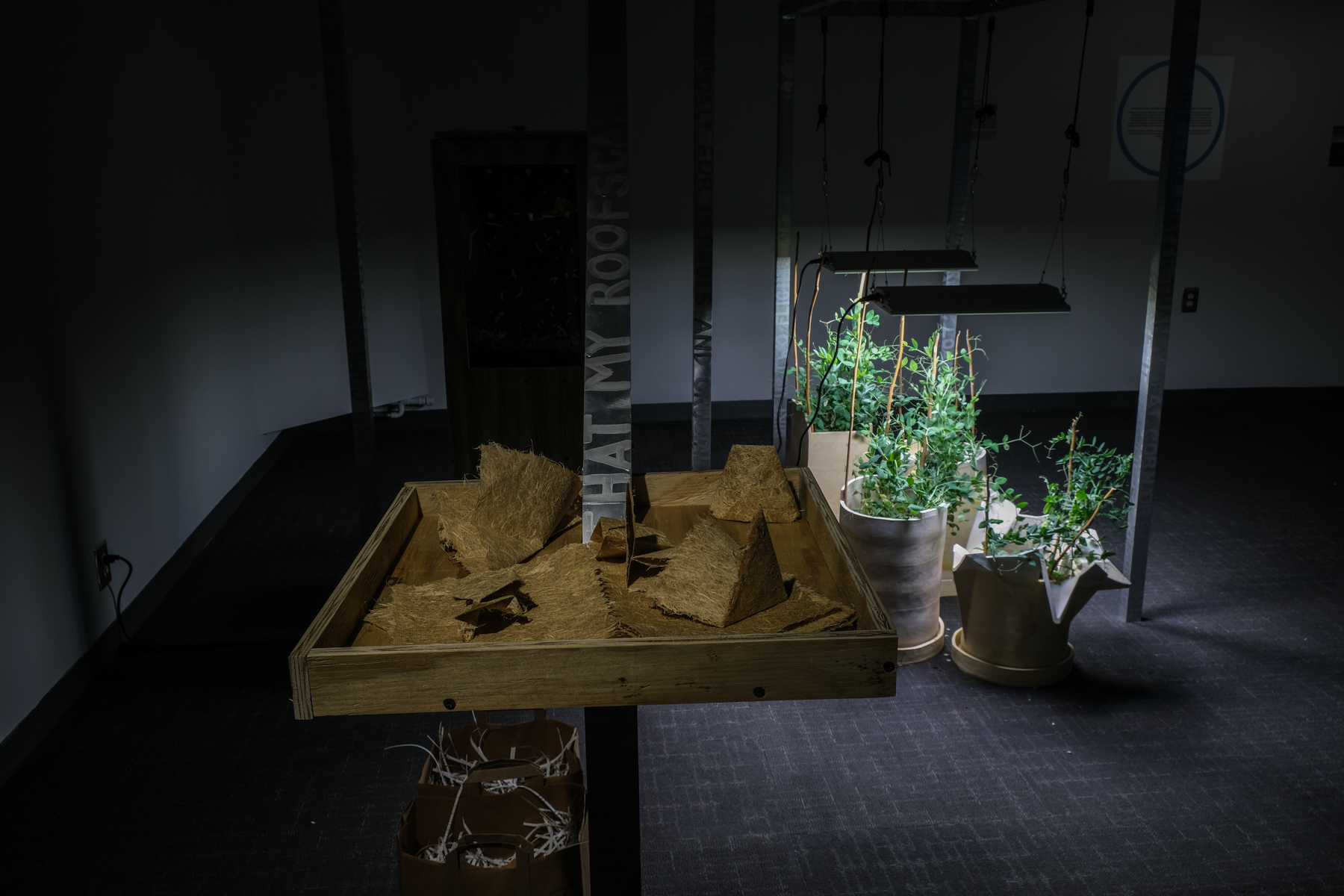

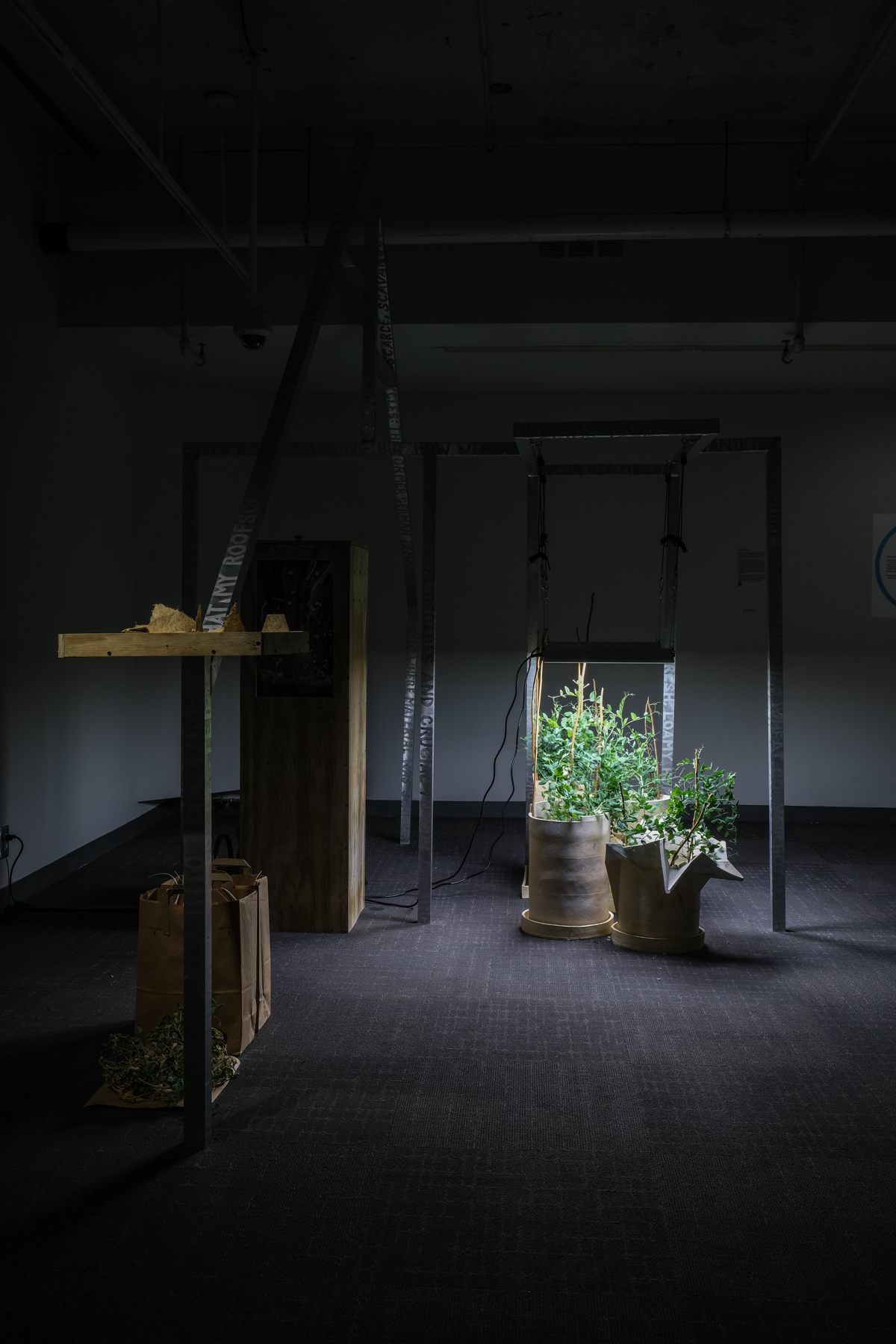

Jill Sebastian and Liz Bachhuber
Eat My Words, 2021
Repurposed aluminum/composting site
12' x 6-8'wide walk-in structure
Eat My Words, 2021
Repurposed aluminum/composting site
12' x 6-8'wide walk-in structure
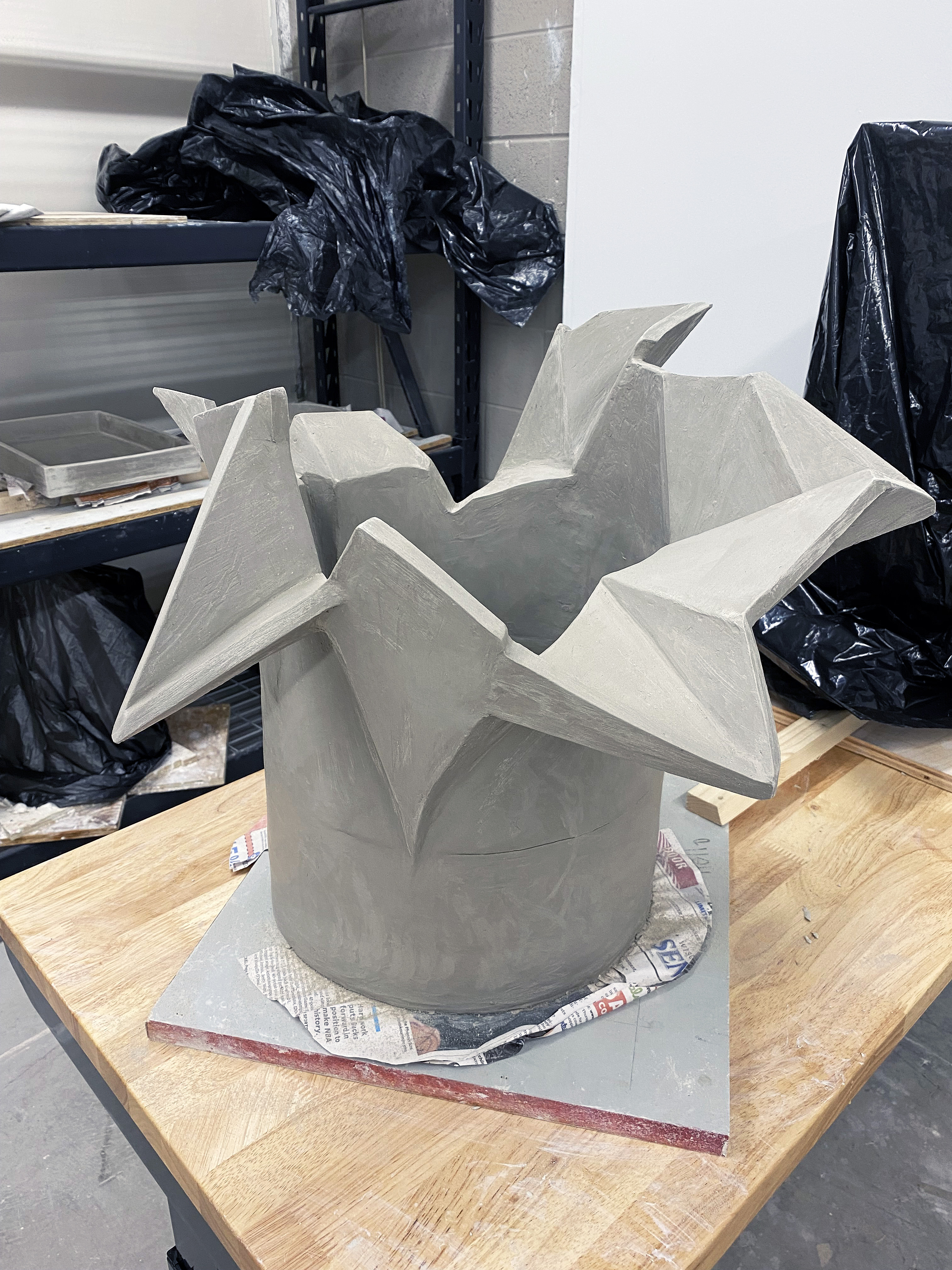


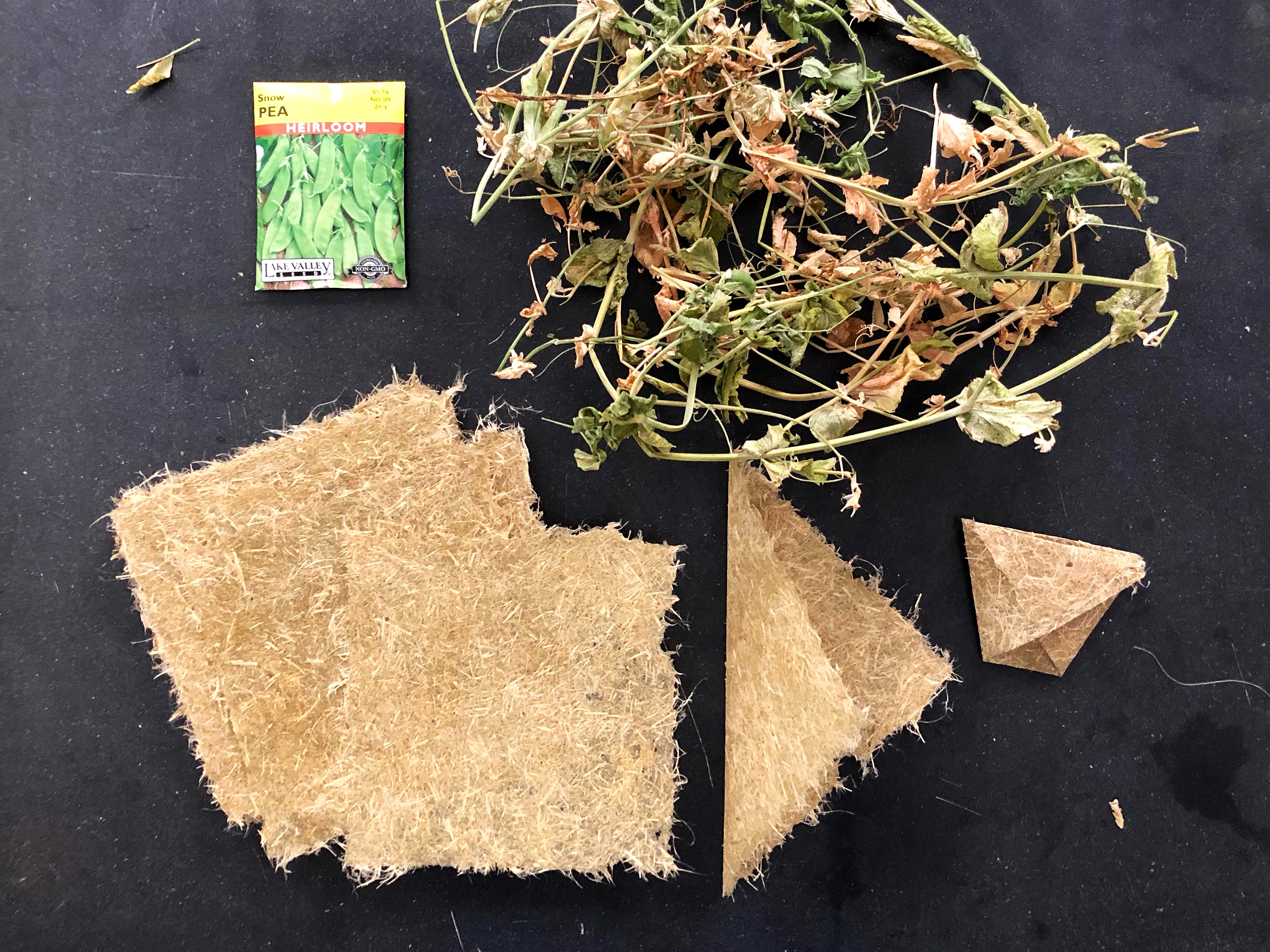
Liz Bachhuber and Jill Sebastian, when invited to collaborate, were pleased to discover their shared commitment to exploring the relationship between nature and culture, material and language, environmental science and art as expressed through cycles of regeneration, transition, and transformation. Though old friends from art school, they were surprised to realize their paths have been parallel in Germany and the USA respectively. For them, recycling and composting are not just metaphors for artmaking, but the way they each live and make art responsibly in two of the most powerful and environmentally ruinous consumer societies on earth. The problem of waste is a global question. Wealthy countries ship much of their mass-manufactured excess to be processed elsewhere – a frail, economically unsupportable and disproportionately unfair arrangement. Composting is an ancient local practice across the globe that modern organic agricultural methods have returned to as essential. Over the last 40 years, Liz and Jill have amassed studios full of artwork, works that are now being transformed, repurposed, and reinterpreted in the spirit of sustainable art practice. They ask themselves: How precious are our works and our words? How can we serve?
In collaboration, the artists alternate their contributions. Rich soil is produced in a red wiggler worm composting unit designed and tested by Liz in Germany and re-created by Jill in Milwaukee. In an ongoing process, organic food waste from Jill’s household will be combined with shredded paper (cellulose) from her discarded studio writings, musings, and drawings, plus shredded airmail letters from Liz documenting their conceptual journey. Ceramic vessels with a simple self-watering system (Liz) will be planted with peas (Jill) in the special compost enriched by worm casings. The pea is an easy-to-grow, sustainable crop that gives back nitrogen to exhausted soil in agricultural rotation, produces a reliable food source of plant protein, and can be made into eco-friendly material to replace single-use plastic. Their first crop will be produced in the brutal conditions of a rooftop garden; the second during the exhibition, under artificial light. Liz’s unglazed stoneware vessels will in time show traces of minerals and watermarks on their surfaces reminiscent of diagrams of geological time. The peas will be harvested and eaten by the artists, and the rest of the plants broken down and reconstituted by Jill into sheets of folded handmade paper.
Eat My Words posits transformation as the cyclical generation of modest, primary, raw material from studio waste into new life through the intimacy of hand building, the most ancient and universal manner of making art. The worms, the artists’ collaborators, are invasive, non-natives that arrived in root balls with the first European immigrants to North America. Snow peas, though mostly associated with Asian cuisine, were, in fact, first cultivated by Dutch farmers in 1536 from plants of Persian origin. This transcontinental exchange is made material in Eat My Words.
about the artists
![]()
![]()
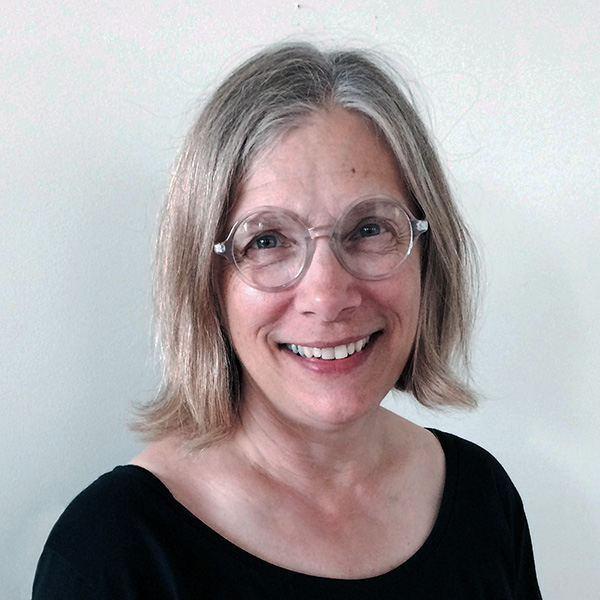
Jill Sebastian grew up in steel towns of the Midwest rust belt which has formed her as an artist. Her sculpture, drawings, and installations have been exhibited in museums and galleries across the USA and internationally (New York, Los Angeles, Chicago, Milwaukee, Tel Aviv, Amsterdam, and more). Jill’s public art includes: a musical fence in New Orleans; an architecturally integrated literary project for the Milwaukee Convention Center (with Woodland Pattern Book Center); a streetscape (with Ken Saiki Design) for Madison, Wisconsin; and a mosaic for the Genome Center at UW-Madison. Her concerns with community participation and subliminal choreography underlying all of her public work is expressed in the site-specific sculptural pocket park she developed among five baseball fields in Wick Park, Milwaukee. Sebastian has collaborated with Deb Loewen, Wild Space Dance Company, to create a site-specific installation and hour-long multimedia work, Art of the Ordinary, at the Milwaukee Art Museum. Other collaborators include composers Burt Levy and Josh Schmidt, writers John Koethe and Jon Erickson, and filmmaker Jake Fuller. Among her awards are a National Endowment for the Arts Fellowship 1985, City of Milwaukee Artist of the Year 1997, and Wisconsin Visual Art Lifetime Achievement Award 2016. Jill Sebastian is a Professor Emerita at Milwaukee Institute of Art & Design.
jillsebastian.com
jillsebastian.com
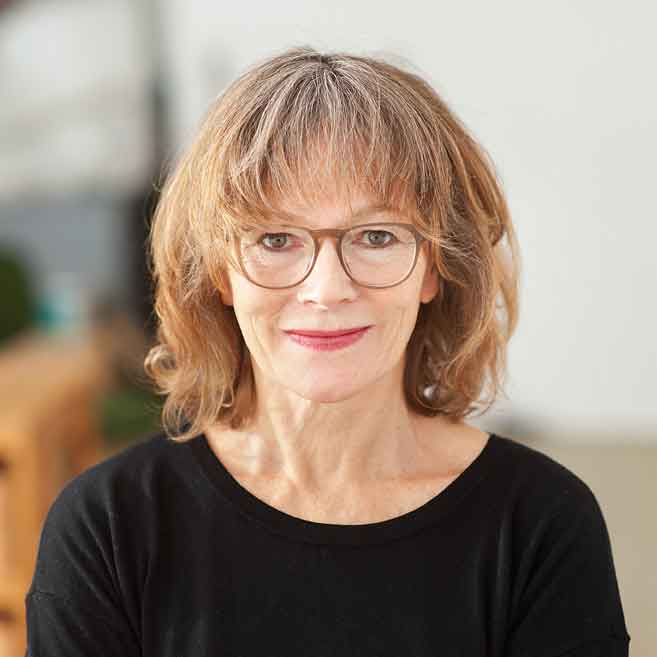
Liz Bachhuber, born in Milwaukee, Wisconsin, studied at the University of Wisconsin-Milwaukee, and at the Kunstakademie Düsseldorf on a Fulbright/DAAD grant. Grants from Kunstfonds e.V., Bonn and the National Endowment for the Arts funded her work. She won an Emerging Artist Award from Düsseldorf and was a two-year resident of the National Studio Program at PS 1, New York. As a founding professor of the Faculty of Art and Design, Bauhaus-Universität Weimar, she led the international MFA-Program „Public Art and New Artistic Strategies“. Her research and practice focus on the environment with an emphasis on used material. She initiated a long-running collaboration between artists and waste disposal engineers, which culminated in the documentary film “Handmade in Bangladesh” with co-author, Florian Wehking. Since 1980, she has shown site-specific public work and exhibited in museums, galleries and alternative spaces. Recent exhibitions include: Licht oder Schatten, Scholss Kaarz, Mecklenburg; School’s Out, ACC Gallery, Weimar; Bauhaus Frauen, Kunsthalle Erfurt; Tunnel Below / Skyjacking Above: Deconstructing the Border nGbK, Berlin; Vernestung Frommanscher Skulpturen Garten, Jena; Liz Bachhuber LA Artcore, Brewery Annex, Los Angeles; Insekten Kunsthaus Steffisburg, Switzerland; Reassessing Material / Materie Neu Denken University Gallery, Kulna University of Engineering and Technology, Khulna, Bangladesh; Sala 1, Rome (with Goethe Institute); Sala d’Exposicions, Facultat de Belles Arts, University of Barcelona. Liz Bachhuber lives and works in Weimar and Berlin.
liz-bachhuber.com
liz-bachhuber.com
interview